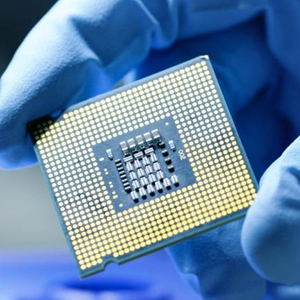
Deuterium Application in OLEDs
When you substitute protium with deuterium it strengthens chemical bonds resulting in game-changing advantages for OLED developers:
- Far thinner displays.
- Displays are more flexible.
- A slower rate of chemical degradation
- A longer device lifetime
- Improves overall performance and quality of an OLED
Take Your OLED’s from prospect to prosperity.
OLED technology is great, but our deuterated ingredients can make it even better.
The protium deuterium isotope kinetic effect slows the rate of chemical degradation, extends the lifetime of a device and improves overall performance and quality of an OLED
What are OLEDs?
OLEDs are solid state semiconductor devices used in the fabrication of electronic displays. An OLED has several layers of organic materials sandwiched between two electrodes – an anode and a cathode. The whole array of organic materials and electrodes are deposited on a substrate of glass, plastic or metal. OLED displays can be far thinner and more flexible than their inorganic counterparts because they don’t require a backlight
Although having many advantages, organic light-emitting material development experienced some challenges, such as low light emission efficiency and poor high voltage stabilities
Materials that enhance their lifetime and mechanism of device degradation remain the most pressing topics in OLED research and development